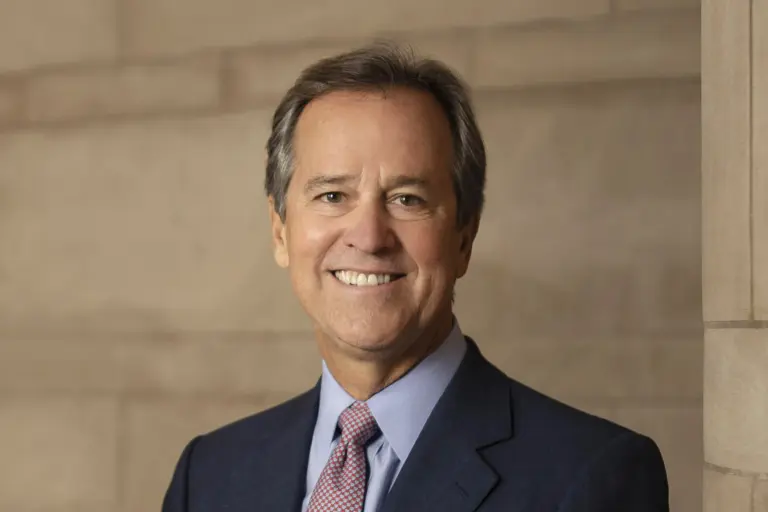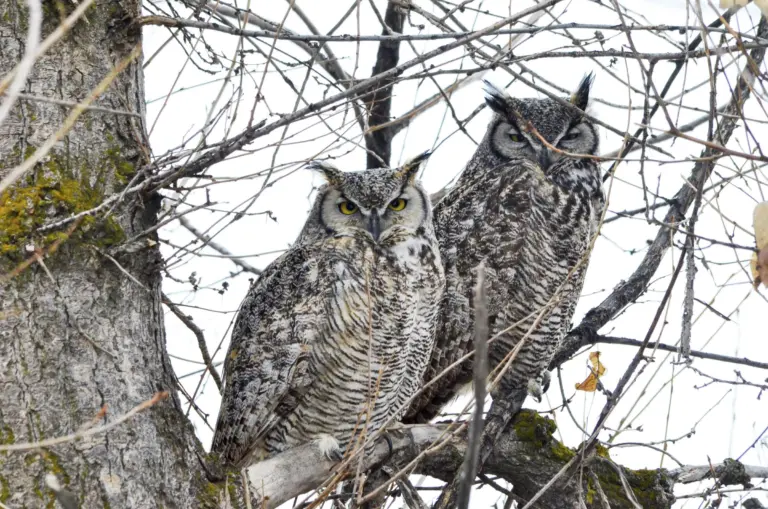By Rabbi Mitchell M. Hurvitz
When we celebrate the Jewish New Year, Rosh Hashanah, we traditionally and prayerfully note: “May the old year end with all its curses, and may the New Year begin with all of its blessings.”
As we celebrate our new secular year together, we hope to also welcome a New Year that brings us only blessings.
New beginnings should prompt hope, and we all want to cast away the curses of injustice, hatred, and violence. But hope is a prompt – a catalyst by which we need to go out in word and deeds and help to make God’s light shine more brightly within our world.
When considering the past year, we need to evaluate what we have done or not done. How are we identifying the challenges confronting us, and how can we better respond?
When we take the time to reflect on our lives prayerfully, we are in essence performing a self-evaluation of our “human job” performance.
Many people do not like performance reviews. They want to know what they do that is good and not what requires improvement. In the professional world, before a supervisor offers a review, it always works better when an individual honestly self-evaluates and identifies the strengths and weaknesses of their performance before the supervisor provides feedback. Self-identification prompts an easier and more effective conversation and has a specific purpose for why we pray.
God is our ultimate supervisor and gives us a detailed “human job” description. Imagining God as all-knowing also lets us realize that there is complete accountability and transparency regarding our “human job.” Fundamental to God’s job description includes the idea that humans are created equally in God’s image.
Genesis records God’s words during creation, “Let us make the human in our image after our likeness.” Because we are created in God’s image as equals, we must always behave towards each other with an appreciation of the other’s inherent human dignity.
God’s words “Let us” is an interesting statement by the “Creator.” Ethical monotheism dogmatically asserts that “God is One.” So, who exactly is the “us?”
Some rabbis assert that “us” is the plurality of God’s attributes: Justice, Mercy, Love, Creator, etc…”Us” is God’s all-inclusiveness of the Divine attributes of authority and power, and we can understand it as a declaration of the “Royal We.”
Another rabbinic teaching is that God’s use of “us” manifests God’s humility. An ancient Midrash states that God addressed his divine intentions to the angels by saying, “Let us make the human in our image.” God is not inviting the angels to help, but as an act of modesty and courtesy, God wishes to make the angels feel connected to the creation of the human. Because each of us is created in the image of God, we understand that even the most significant human beings should act humbly and consult with those who are not as great.
Another way, which I believe is most important, is to understand that “us” refers to the reality that the creation of the human being is someone in continual partnership between God and themselves in the continual renewal of creation. Constantly, we humans are integrated with God’s acts of continual creation. God created “in the beginning,” but the God-human partnership in creation has always manifested itself. The Kotzker Rebbe goes even further when he asserts: “In the beginning God created.’ God created only the beginning, and the rest of creation is upon human beings.”
The notion that we are in continual partnership with God to be the agents of the renewal of creation is also manifest in our common prayer, thanking God for the bounty we receive within our lives. We thank God: “HaMotzi Lechem Min HaAretz – For the bread we receive from the Land.” Bread does not pop up from the land; instead, the wheat is grown and harvested by human beings, and human hands then make it into the dough baked by human hands. The common blessing of gratitude for the bounty received is an acknowledgment of the constant partnership between God and the human being.
Human beings are the bridge between the physical and spiritual worlds, and our mission is to safeguard, sustain, and further develop the world God created. Our failure to do so brings most of the curses to our world, and our success brings God’s blessings.
Jewish mysticism taught that the material world functions as clothing for God’s light. The Psalmist similarly taught that “you cover yourself with light, as with a garment.” Our presence in our world is always our encounter with the Divine, and “repairing the world” is our responsible service. When we use our capabilities in the world to work goodness and repair rather than ruin, we become part of how God manifests in the physical world.
As we celebrate our New Year and seek to turn from the curses and obtain blessings, we must engage in the sacred actions that can bring the best results. The first step is to recognize our partnership with God as agents for the positive renewal of creation. Living up to the terms of the Divine-Human partnership is how we succeed. There is nothing wrong with celebrating the New Year and its possibilities. But, more important is what we will choose to do this New Year that covers all of creation with much more of God’s light.
Shabbat Shalom and Happy New Year!



